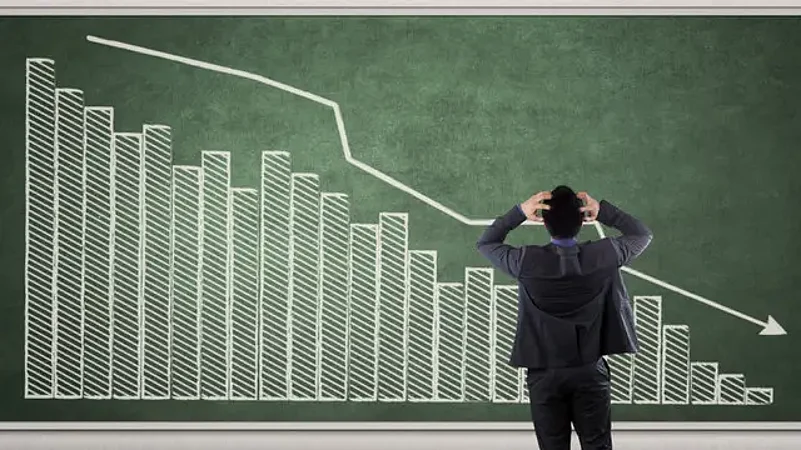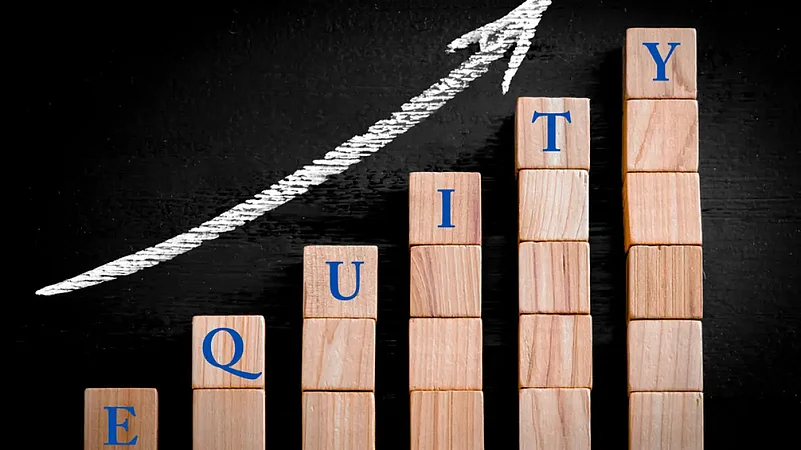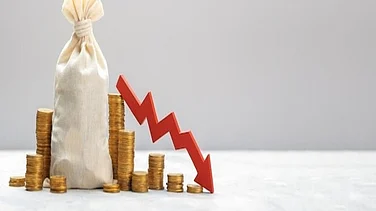In the words of philosopher Bertrand Russell, to conquer fear is the beginning of wisdom. Indeed, fear and greed can play spoilsport in equity decision-making. How an investor controls her emotions governs the success or failure of her dealings. The higher the fear and/or greed, higher would be the sense of insecurity, and vice versa.
Stock market investing requires the patience and perseverance of a parent. One’s child will grow and prosper with time; expecting a quick growth through short cuts does not work. Prudent thinking and patience is the key to success in stock market.
The Fear Factors
Fear of being left out: The kind of returns that equities gave during 2021 is a rare experience. Share prices of some primary stocks (IPO stocks) as well as of several secondary market stocks increased in leaps and bounds in just a few days. In such a situation, the fear of being left out promoted new and small investors to buy any and every stock even though they were at peak prices. This proved to be a trap for many.

The mantra for success in the stock market is: watch, wait and act appropriately with conviction.
Fear of heavy losses: Once one has bought a stock at its peak price out of fear, the temptation is to cut losses and sell the stock during even a momentary dip when the price may be unreasonably low. However, such a situation calls for prudent thinking and patience. One must watch the stock movement and take a decision at the right time rather than panic selling.
Fear of being stuck with dead stocks: A steep fall in stock prices doesn’t mean end of the game for that stock. Such a situation calls for cautious analysis and careful judgment—to cull the stocks or buy value stocks on dips.
Impatience in buying or selling a stock: Sharp volatility in the market is not something to fear, and as a result take rash decisions that lead to instant buying or selling. The situation may provide an opportunity to pick desirable stocks.
Market crash syndrome: This is one of the greatest fears in the minds of investors, especially small investors. Such a situation leads to panic selling, fearing havoc. It may be a dooms day but not the death day for the market. Markets see occasional ups and downs. So, a sudden dip in the stock market, especially of a growing economy like India, should be treated as an opportunity to pick fundamentally strong stocks, rather than to exit.

The Greed Factors
Making a quick buck: Unprecedented gains from equities during 2021 proved alluring for a large number of investors. But wishing for overnight gains, from whatever stock, is unrealistic. This is a sign of greed and the wish to make a quick buck.
Easy gains: People who invest to get easy gains, are largely disappointed. Getting suitably high returns from equity happens only when a studied investment is made.
Holding a stock for too long: If planning to make a quick buck is not advisable, then neither is sitting back and holding a stock, hoping for high gains. In view of day-to-day uncertainty and volatility in stock markets, and information about the company, an occasional review of one’s holdings is desirable.
Relying blindly on past performance: Buying a stock that was once a blue chip and is now available dirt cheap, in the belief that it will bounce back to its earlier glory, can be a mistake. Prudent analysis is a must.
Trying to time the market: Waiting to buy at an extreme dip or having the urge to sell a stock at its peak price, exhibits overconfidence and greed. Nobody is ever able to time the market, so it is better to keep a range of prices in mind, on the upper and lower side.
Personal preference: Illogical personal preference for certain stocks because of their very low price, even if they are illiquid, in the hope of making windfall gains is a case of greed.
Don’t fall prey to fear and greed when it comes to stock investing. Prudence and patience are the keys to success with equities.
The author is a former employee of the Government of India and has worked in the agriculture sector.
Disclaimer: Views expressed are the authors’ own, and Outlook Money does not necessarily subscribe to them. Outlook Money shall not be responsible for any damage caused to any person/organisation directly or indirectly.































